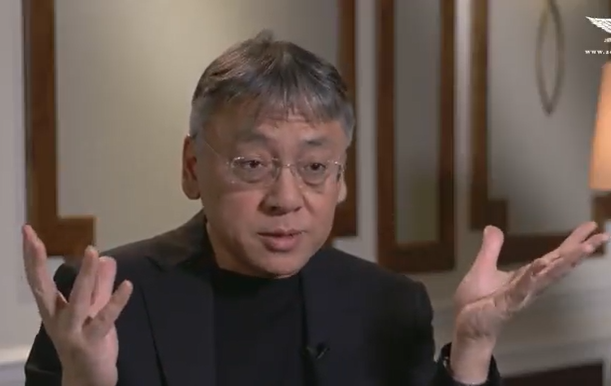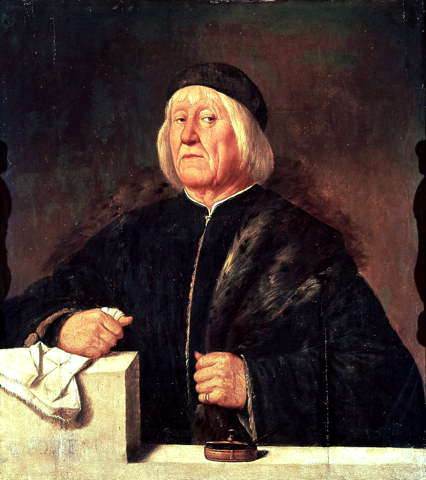
Kazuo Ishiguro (born November 8, 1954) U.K. / Japanese novelist, short story writer – The Remains of the Day (1989) [2017 Literature Nobel Prize]
The Goodreads page for Kazuo Ishiguro
Kazuo Ishiguro talks about how writing song lyrics led to his writing fiction
 here
here
Ishiguro explains how he wrote the novel The Remains of the Day here
Ishiguro:
Looking back, I see all kinds of influences and sources of inspiration. Here are two of the less obvious ones:
1) In the mid-70s, as a teenager, I’d seen a film called The Conversation, a thriller directed by Francis Ford Coppola. In it Gene Hackman plays a freelance surveillance expert, the go-to man for people who want other people’s conversations secretly taped. Hackman fanatically wants to be the finest in his field – “the greatest bugger in America” – but becomes steadily haunted by the idea that the tapes he gives to his powerful clients may lead to dark consequences, including murder. I believe the Hackman character was an early model for Stevens the butler.
2) I thought I’d finished Remains, but then one evening heard Tom Waits singing his song “Ruby’s Arms”. It’s a ballad about a soldier leaving his lover sleeping in the early hours to go away on a train. Nothing unusual in that. But the song is sung in the voice of a rough American hobo type utterly unaccustomed to wearing his emotions on his sleeve. And there comes a moment, when the singer declares his heart is breaking, that’s almost unbearably moving because of the tension between the sentiment itself and the huge resistance that’s obviously been overcome to utter it.

Teofilo Folengo (Merlino Coccajo) (born November 8, 1491? 1496?) Italian poet, epicist – Baldus [Baldo] (1517)
Read about Folengo's satirical poem Baldo here and here
For the first edition of the “Baldus”, Folengo had derived burlesque traits and types of personages from the chivalrous romances of Boiardo and Pulci. However, the poem is a parody not only of the Italian chivalrous romance but also of the Virgilian epic, and, in its latter part, of Dante’s “Divine Comedy” as well. Furthermore, it is grossly satirical in its treatment of the clergy and at times borders on the sacrilegious.
[From the Catholic Encyclopedia article about Folengo]